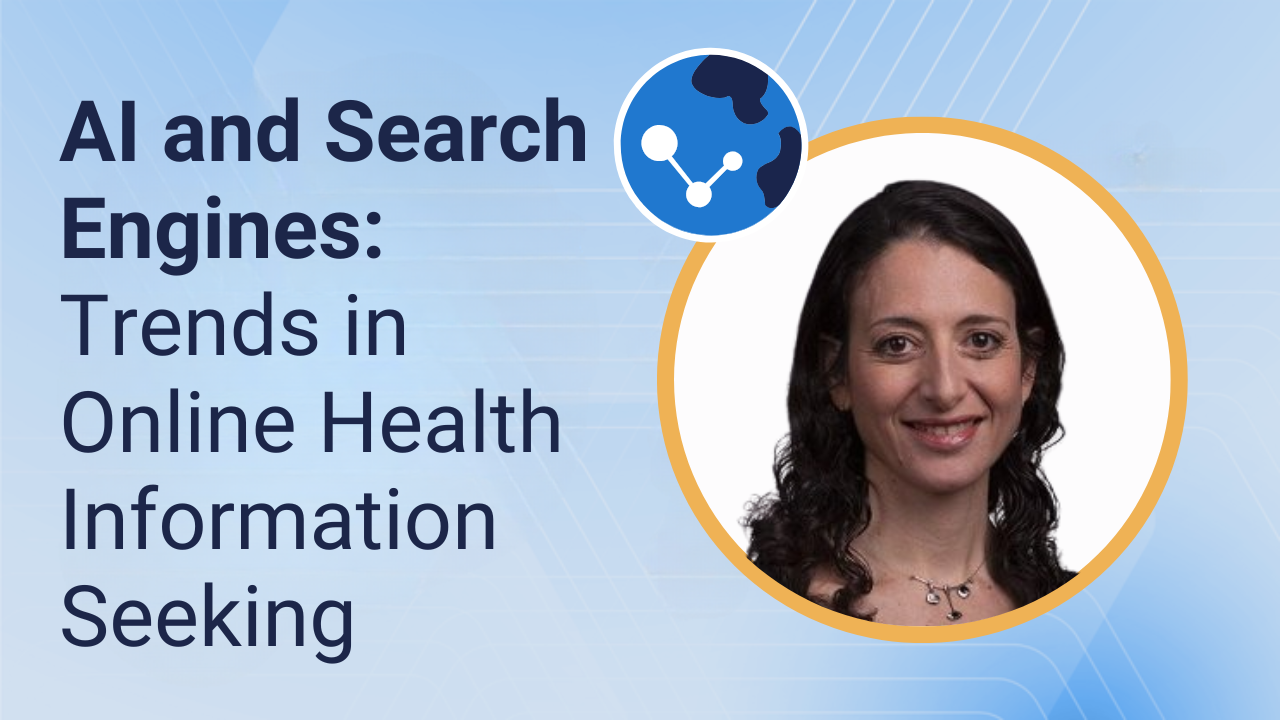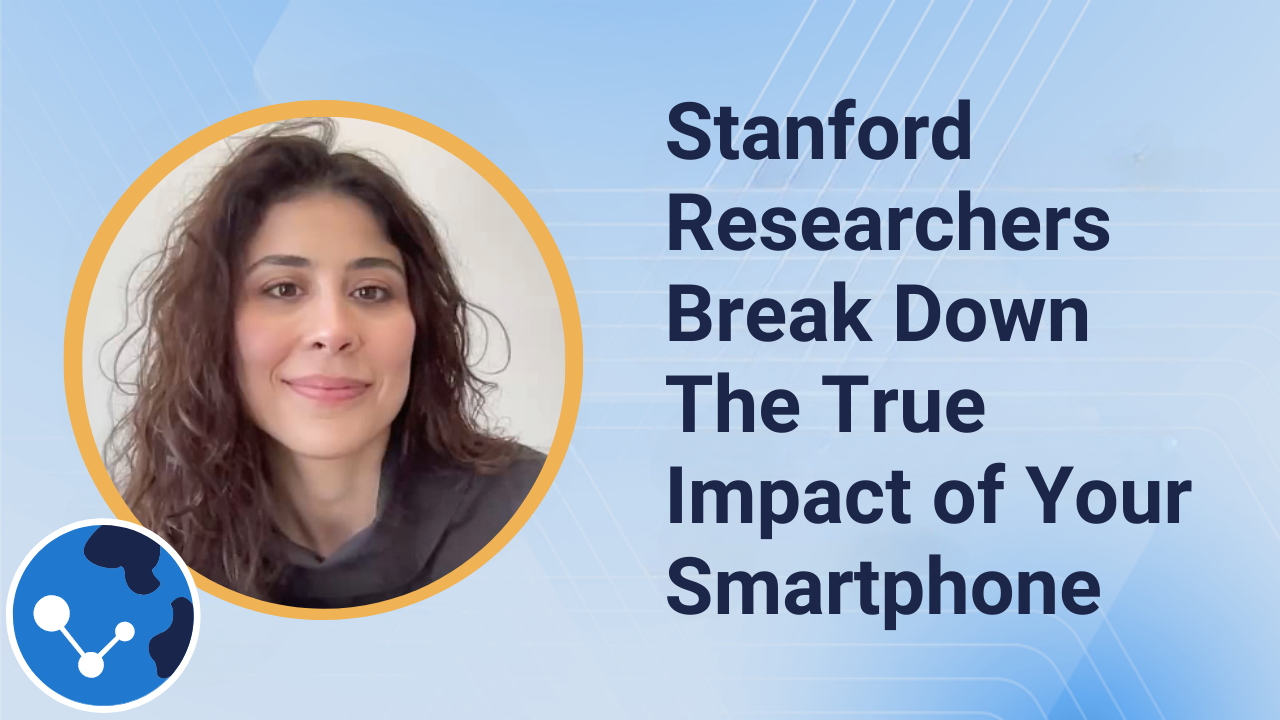The Doctor Will See You Now... Or Will They? Shocking New Trends in Online Health Queries!

Have you ever typed a health question into Google? You're not alone! For years, search engines have been the go-to digital first stop for understanding symptoms, treatments, and diagnoses. But hold on to your stethoscopes, folks, because the landscape of online health information is shifting dramatically – and faster than you might think!
In a groundbreaking new study published in the Journal of Medical Internet Research, Professor Batia Wiesenfeld from NYU Stern School of Business and her colleagues delved into this rapidly evolving phenomenon. Their research, "Laypeople's Use of and Attitudes Towards Large Language Models and Search Engines for Health Queries: a Survey Study," uncovers a surprising trend that could reshape how we access health information.
The Rise of the Chatbots: Are LLMs the New Digital Doctors?
Just months after the introduction of ChatGPT, Professor Wiesenfeld's team discovered something remarkable: 14% of people were already consulting Large Language Models (LLMs) for their health questions before even turning to search engines. That's more than any other alternative source, including directly contacting their doctors!
Think about that for a moment. In a blink of an eye, these AI-powered chatbots have become a significant player in the world of health information seeking.
Why the Rapid Adoption? It's More Than Just Convenience.
The study dug deeper into why people were so quick to embrace Gen AI for their health concerns. The findings are truly insightful:
- Less Anxiety, More "Human" Touch: Interestingly, while respondents perceived search engines as more useful, they reported that LLM responses were less likely to evoke negative emotions like anxiety about their health. People found the AI's responses to be more human-like and less prone to bias.
- Trust, But Different Flavors: People trusted both LLMs and search engines, but for different reasons. They believed search engines were less likely to "hallucinate" (provide incorrect information), while they felt LLMs were less likely to be influenced by advertisers.
- A Potential Replacement? Perhaps the most striking finding was that respondents were significantly more likely to believe that LLMs could replace their doctor than that search engines could. This speaks volumes about the perceived capabilities and potential of these AI tools.
A New Era of Health Information is Upon Us.
As Professor Wiesenfeld points out in the video, the world of AI has advanced even further since their data was collected over a year ago. Google has integrated Gen AI into its search results, and new, more sophisticated LLMs are constantly emerging.
This research highlights a critical juncture in healthcare. As patients increasingly turn to these AI tools for information, healthcare professionals need to be aware of their role and impact. Journal of Medical Internet Research, a leading journal in the field of internet and health, was the perfect platform for this study, recognizing the profound influence of the digital world on healthcare.
Want to dive deeper into these fascinating findings and hear directly from Professor Wiesenfeld?
Click here to watch the full video and gain a comprehensive understanding of this groundbreaking research!
Subscribe Now


.png)